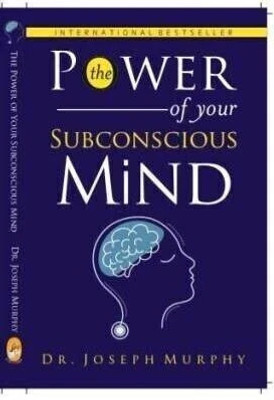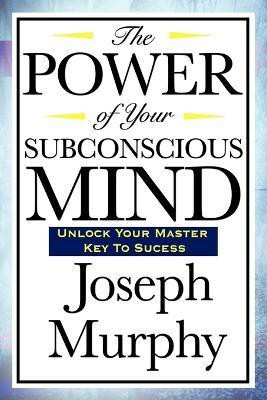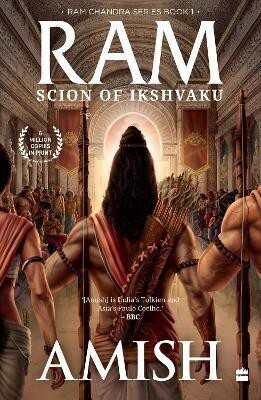
Chatuh Shloki Manusmriti (English, Hardcover, Sridhar Nithin)
Share
Chatuh Shloki Manusmriti (English, Hardcover, Sridhar Nithin)
Be the first to Review this product
₹780
₹795
1% off
Available offers
T&C
T&C
T&C
T&C
Delivery
Check
Enter pincode
Delivery by1 Sep, Monday
?
View Details
Highlights
- Language: English
- Binding: Hardcover
- Publisher: Vitasta Publishing Pvt.Ltd
- Genre: Religion
- ISBN: 9788119670918
- Edition: First, 2025
- Pages: 424
Services
- Cash on Delivery available?
Seller
Description
Manusmriti occupies a prominent place in Indian textual tradition as one of the authentic sources of dharma. However, contemporary engagement with the text has been wrought with prejudice and discomfort left in the wake of colonialism. The present work aims to address the gap in contemporary approach and facilitate a better understanding through a philosophical analysis of the first four verses of Manusmriti, shedding light on the object, purpose and relevance of dharma texts. Rather than reducing Manusmriti to a mere relic of the past through a historical study, the book locates the text within the larger Hindu epistemological, ontological, and theological worldview and extracts the eternal teachings embedded within it. The book addresses common misconceptions on topics such as the definition of dharma, the integrity and importance of Manusmriti, the notion of ritual competency, and the Hindu conception of varna. The book draws from the entire Hindu textual tradition spanning the Vedas, Upanishads, Smritis, Itihasa-Puranas, and the Gita. It references the works of renowned acharyas including Adi Shankaracharya, Ramanujacharya, Madhvacharya, Vallabhacharya, Sayanacharya, Kumarila Bhatta, and Sri Aurobindo.
Read More
Specifications
Book Details
| Imprint |
|
| Publication Year |
|
Contributors
| Author Info |
|
Dimensions
| Height |
|
| Length |
|
Be the first to ask about this product
Safe and Secure Payments.Easy returns.100% Authentic products.
Back to top






